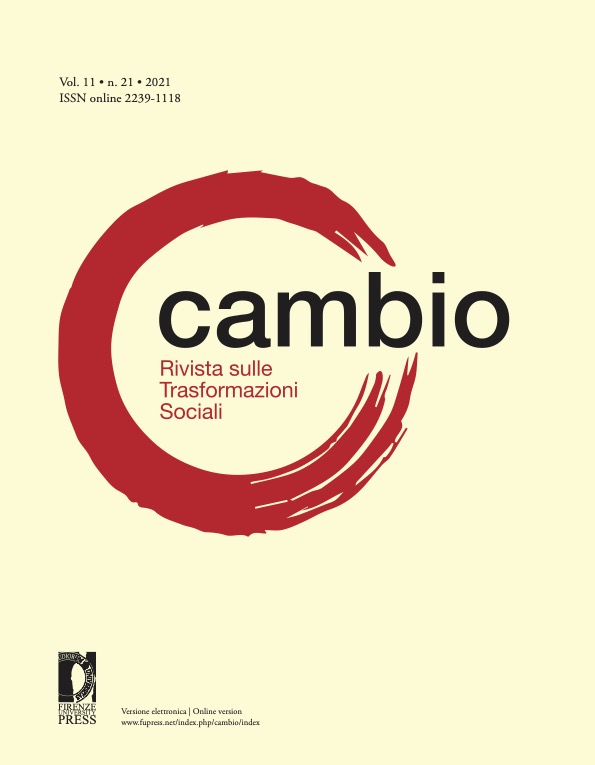Published 2021-11-30
Keywords
- complementary currencies,
- informal economy,
- Italian Regions,
- mutual exchange,
- social capital
How to Cite
Abstract
The role of CCs as tools for rebuilding local economies through communities appears to emerge from the Italian experience. The projects launched in our country range from community of businesses – closed circuits in which members voluntarily exchange goods and services, offsetting debts against credits – to projects characterized by solidarity and participatory systems aimed at strengthening community relations as well as at promoting sustainable development models. These systems lie on the border between formal/informal economic activities. The proximity to existing projects, a certain ability to intercept emerging requests as well as the need to face the effects of the crisis caused by the pandemic has pressured some Regions to include CCs in their legislations as an attempt to move these systems to formal economy. However, the promotion of the complementary currencies is basically an investment in relationships, therefore stimulating trust and a proactive role in community decision-making is an issue that cannot be resolved just through legislation. Consequently, local institutions must rethink and improve their role in order to be able to become themselves pro-active subjects for the development of community initiatives.


